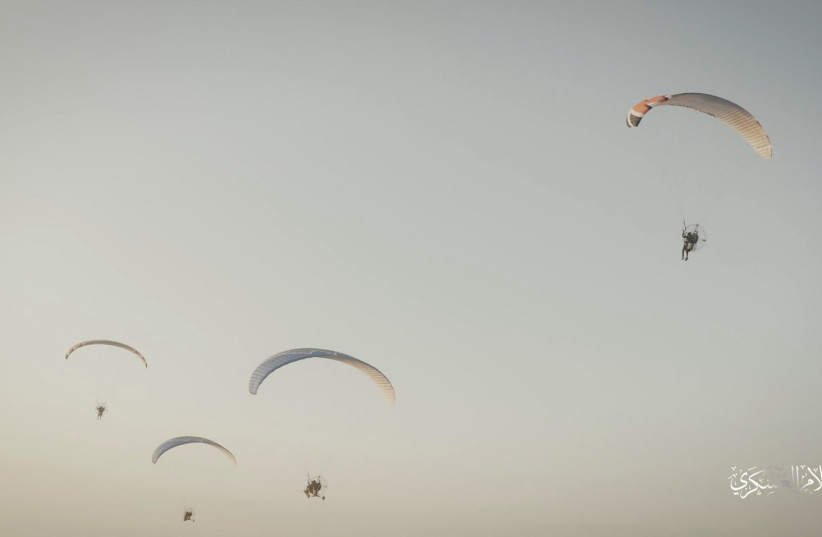Iran bankrolled the Hamas-led massacre of at least 800 in Israel with Western funds, one analyst boldly asserted amid global scrutiny over Tehran's role in the operation.
Former advisor to US Vice President Dick Cheney and chief arms negotiator John Bolton, David Wurmser, contends "the West paid for this war" - from the West's decision to lift sanctions on Iran, facilitating its oil sales, and the support of NGOs by Western nations, which funneled funds to terrorist organizations.
In 2021, under President Joe Biden's administration, Washington lifted all sanctions on Iran's oil and shipping, aiming to reinvigorate Tehran's 2015 nuclear agreement. The result, said Wurmser, is as much as $140 billion over the past two years.
When combined with the financial resources directed by the Western powers, including the United States and Europe, towards certain NGOs - a portion of these funds that reports have shown inadvertently flows into the coffers of terrorist organizations - "this is the money that enabled this war," Wurmser said.
"Money was no object for Hamas, the Iranians, the Palestinian Islamic Jihad, etc.," Wurmser said. "Without money being an object, their capabilities skyrocketed."

US transfer deal gave Iran confidence
According to Wurmser, when former US President Donald Trump left office, he had "tightened the noose of the Iranian regime" so much that it had only $4 billion left of foreign currency reserves. This amount was not enough to fund Hamas and Hezbollah and support its civilians, leading to citizen unrest.
"When the Iranians felt impoverished and choked, the regime faced public anger over the money going to Hezbollah, Hamas, Yemen, and so forth, so it could not have risked funding something like this," Wurmser explained.
Moreover, the recent decision by Washington to issue a waiver for international banks to transfer $6 billion in frozen Iranian money from South Korea to Qatar without fear of US sanctions meant that Iran believed that it had "tricked the West," Wurmser said. He added that the transfer deal and recent tensions between Washington and Jerusalem gave Iran "the confidence that the West does not have the will to choke Iran."
He said there is a false perception in Washington that Iran and its terror proxies are "normal enemies" with which one can negotiate.
"These are not political opponents," Wurmser concluded. "These are evil forces. And Israel is on the frontline."
